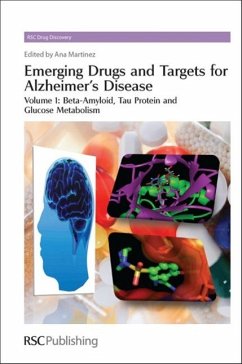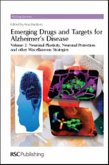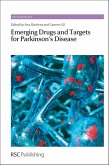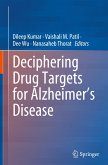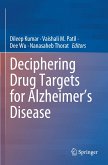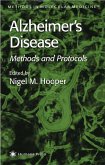Alzheimer's disease is the most prevalent neurodegenerative disorder in the elderly. A recent study from the Bloomberg School of Public Health recently estimated that over 26 million people were living with the disease in 2006 and that the global prevalence of the disease will grow to 106 million by 2050. By that time, 43 per cent of those living with the disease will need high-level care, equivalent to that of a nursing home. However, even if modest advances in preventing or delaying the disease's progression were made, it could have a huge impact on global public health. According to this study, interventions that could delay the onset of the disease by as little as one year would reduce the prevalence of the disease by 12 million fewer cases in 2050. These figures reinforce how important it is to find an effective intervention for Alzheimer's disease. Emerging Drugs and Targets for Alzheimer's Disease collects some of the most outstanding examples of new drugs currently under pharmaceutical development or new targets in the validation process that will reach the Alzheimer's drug market over the next few years as disease modifying drugs. Written by a team of distinguished experts Volume 1: Beta-Amyloid, Tau Protein and Glucose Metabolism will be an essential resource for scientists in the pharmaceutical and biotechnology industries and academics working in the neurosciences field.
Hinweis: Dieser Artikel kann nur an eine deutsche Lieferadresse ausgeliefert werden.
Hinweis: Dieser Artikel kann nur an eine deutsche Lieferadresse ausgeliefert werden.

